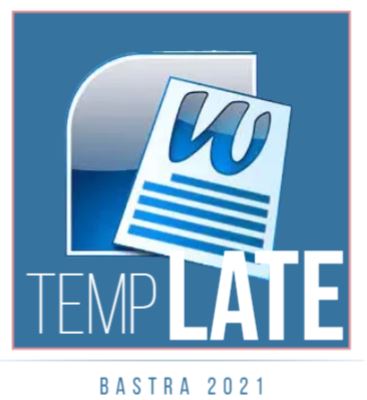PENGEMBANGAN PERANGKAT PEMBELAJARAN TEKS PROSEDURAL KOMPLEKS DENGAN PENDEKATAN SAINTIFIK PADA SISWA KELAS X SMA
Keywords:
development, learning tools, text complex procedures, scientific approach, validity, practicality, effectivenessAbstract
This research focuses on developing common learning device by using scientific learning methods, while the focus in particular is a process of development and the quality of learning tools include validity, practicality, and effectiveness. This type of development research using model Four D that includes: 1) define; 2) design 3) develop 4) disseminate The research data is grouped into qualitative and quantitative data. The data collected by observation, questionnaires, and interviews. The results of the study are categorized very valid with details of the percentage of the syllabus (90%), assessment (92%), RPP (90%), and books students (88%), practicality is very practical in terms of the analysis results RPP with a score (98%), student responses with a score (93%), the response of teachers with a score (97%), the effectiveness categorized as very effective in terms of the analysis of the results of the activity of students with scores (92%), observation of activities with a score (99%), and student learning outcomes can be reached completeness with a score (98%).
Downloads
Published
How to Cite
Issue
Section
License
Authors who publish with PENTAS agree to the following terms:
Authors retain copyright and grant the Engagement right of first publication with the work simultaneously licensed under a Creative Commons Attribution License (CC BY-SA 4.0) that allows others to share (copy and redistribute the material in any medium or format) and adapt (remix, transform, and build upon the material) the work for any purpose, even commercially with an acknowledgement of the work's authorship and initial publication in BASTRA.
Authors are able to enter into separate, additional contractual arrangements for the non-exclusive distribution of the journal's published version of the work (e.g., post it to an institutional repository or publish it in a book), with an acknowledgement of its initial publication in BASTRA.
Authors are permitted and encouraged to post their work online (e.g., in institutional repositories or on their website) prior to and during the submission process, as it can lead to productive exchanges, as well as earlier and greater citation of published work (See The Effect of Open Access).

This work is licensed under a Creative Commons Attribution-ShareAlike 4.0 International License.








